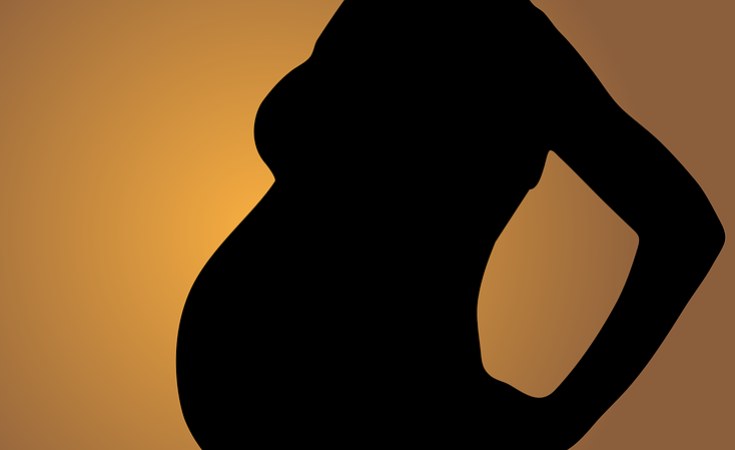Nairobi — The Ministry of Health has negotiated the price of Heat Stable Carbetocin, a medicine used for preventing excessive bleeding during and after childbirth, from Sh1,444 to Sh92 per dose.
According to the National Health Body, the medicine does not require refrigeration, contrary to oxytocin, Kenya's first choice for preventing and managing postpartum hemorrhage.
Acting Director of Commercial Services at Kenya Medical Supplies Agency (KEMSA), Jackline Mainye, revealed that the country will receive the first batch of the medicine in March 2024.
"KEMSA is in the process of procuring the medicine and In a few weeks, counties can now order the medicine from KEMSA at a fair price of Sh 92 shillings per dose, a drop-in price from Sh1,444 per dose," she stated.
The essential drug, which was mostly available in private hospitals, will now be accessed by public health facilities in the counties at a fair price.
The Health Ministry also enlisted tranexamic acid, a medicine used to reduce maternal bleeding, in the list of Kenyan essential medicines.
According to a study that investigated the medication's efficiency in over 20,000 women in 21 countries, the medicine, which was invented in the 1950s, is able to reduce maternal bleeding by a third if given within three hours.
Speaking at the Kenya Obstetrical Gynecological Society (KOGS) in Makueni County, governor Mutula Kilonzo said that the county government has allocated resources to mitigate excessive bleeding after birth through introducing new innovations.
The government used the county as a pilot for how the medication works.
"Through support from a UNITAID-supported project, Accelerating Measurable Progress and Leveraging Investments for Postpartum Haemorrhage Impact (AMPLIPPHI), the County tested the integration of medicine in a health system," said Kilonzo Makueni, governor.
According to the World Health Organization (WHO), a woman dies during pregnancy or childbirth every two minutes, a number that resulted in 287,000 maternal deaths worldwide in 2020.
70,000 of the maternal deaths reported by the WHO were from postpartum hemorrhage.


